Granite countertops have long been a popular choice for kitchen and bathroom surfaces due to their durability, beauty, and resistance to heat and scratches. But with growing concerns about the safety of materials used in our homes, many people wonder: Are granite countertops safe? Let’s talk about this topic to understand the potential risks and benefits associated with granite countertops.
Composition of Granite: Granite is a natural stone formed from the crystallization of magma over millions of years. It primarily consists of quartz, feldspar, and mica, along with other minerals. These minerals give granite its unique appearance and properties.
Radiation Concerns: One of the main concerns regarding granite countertops is the presence of radioactive elements such as uranium and thorium in some varieties. These elements naturally occur in granite and can emit low levels of radiation in the form of gamma rays and radon gas. However, the amount of radiation emitted by granite countertops is typically very low and considered safe for everyday use.
Radon Emissions: Radon is a colorless, odorless gas that forms naturally from the decay of radioactive elements like uranium. It can seep out of the ground and into buildings, potentially posing health risks if it accumulates in high concentrations. While some granite countertops may emit trace amounts of radon, studies have shown that the levels are generally well below the threshold of concern established by regulatory agencies.
Sealing and Maintenance: Proper sealing of granite countertops is essential for maintaining their safety and longevity. Sealing helps prevent the absorption of liquids and stains, as well as reducing the potential for bacterial growth. It’s important to follow manufacturer recommendations for sealing frequency and use products specifically designed for natural stone surfaces.

Food Safety: Granite countertops are non-porous when properly sealed, making them resistant to bacterial growth and easy to clean. This makes them a safe choice for food preparation areas where hygiene is crucial. However, it’s still important to practice good food handling and cleaning habits to minimize the risk of contamination.
Scratch and Heat Resistance: Granite is highly resistant to scratches and heat, making it ideal for use in kitchens where cutting and hot cookware are common. Unlike synthetic materials, granite can withstand high temperatures without warping or discoloration, further enhancing its safety and durability.
Environmental Impact: While granite is a natural and durable material, its extraction and transportation can have environmental implications. Mining and processing granite can involve heavy machinery and energy-intensive processes, leading to carbon emissions and habitat disruption. However, there are environmentally conscious quarrying practices and certifications available to mitigate these impacts.

Variety and Aesthetics: Granite countertops come in a wide range of colors, patterns, and finishes, allowing homeowners to choose a style that complements their decor and personal preferences. This versatility adds to the appeal of granite as a safe and attractive choice for residential and commercial spaces alike.
Cost Considerations: Granite countertops are generally more expensive than laminate or tile alternatives, but they offer long-term value and durability. While the upfront cost may be higher, the investment can pay off in terms of increased property value and reduced need for replacement or repairs over time.
Installation and Safety Standards: Proper installation of granite countertops is crucial for ensuring their safety and structural integrity. Qualified professionals should handle the cutting, fitting, and sealing processes to minimize the risk of accidents or damage during installation. Additionally, adherence to building codes and safety standards is essential for protecting both occupants and property.
Durability and Longevity: Granite is renowned for its durability and resistance to wear and tear. With proper care and maintenance, granite countertops can last for decades without losing their beauty or functionality. This long lifespan adds to the overall safety and value proposition of granite as a countertop material.
Alternative Materials: While granite remains a popular choice for countertops, there are alternative materials available for those who may have concerns about its safety or environmental impact. Engineered quartz, for example, is a composite material made from quartz crystals and resin that offers similar durability and aesthetics to natural stone.
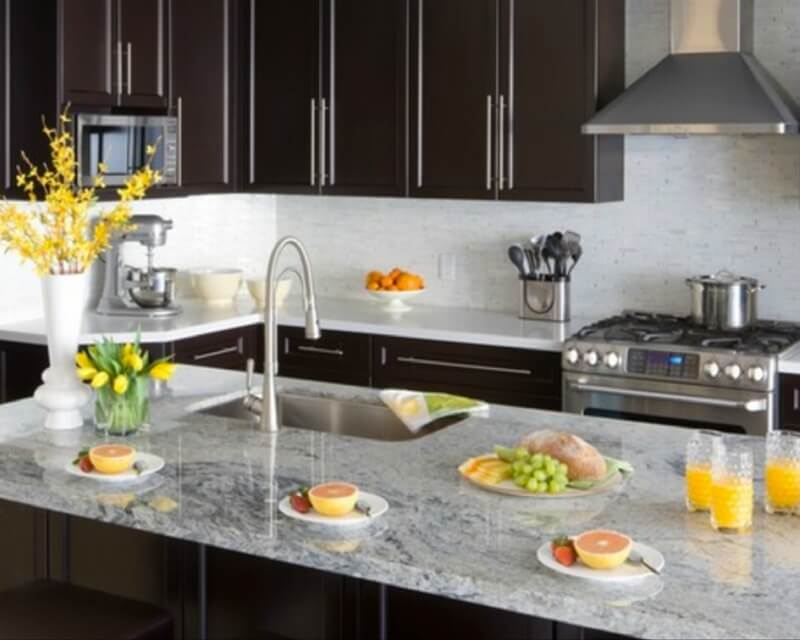
Consumer Education and Awareness: To make informed decisions about countertop materials, consumers should educate themselves about the pros and cons of different options and consider factors such as safety, sustainability, and cost. Consulting with experts in the industry and researching reputable sources can help individuals weigh their priorities and make the best choice for their needs.
Regulatory Oversight: Regulatory agencies such as the Environmental Protection Agency (EPA) and Occupational Safety and Health Administration (OSHA) set standards and guidelines for the safe use of materials in residential and commercial settings. Builders, contractors, and homeowners should be aware of these regulations and ensure compliance when selecting and installing countertops.
Overall Safety Assessment: In conclusion, granite countertops are generally considered safe for use in homes and businesses, provided they are properly sealed, installed, and maintained. While there are potential concerns related to radiation and environmental impact, these risks are minimal compared to the benefits of durability, hygiene, and aesthetic appeal that granite offers.

Common Mistakes to Avoid:
Neglecting Proper Sealing: Failing to seal granite countertops regularly can leave them vulnerable to stains, bacterial growth, and other damage. Avoid this mistake by following manufacturer recommendations for sealing frequency and using quality sealants.
Ignoring Installation Guidelines: Improper installation can compromise the safety and stability of granite countertops. Avoid this mistake by hiring experienced professionals who follow industry standards and building codes.
Neglecting Maintenance: Skipping routine cleaning and maintenance can diminish the safety and lifespan of granite countertops. Avoid this mistake by cleaning spills promptly, using gentle cleaners, and avoiding abrasive tools or materials that could scratch the surface.
Overlooking Environmental Impact: While granite is a natural material, its extraction and processing can have environmental consequences. Avoid overlooking this aspect by researching suppliers that prioritize sustainable practices and certifications.
Focusing Solely on Price: While cost is an important factor, it’s essential to consider the long-term value and safety of countertop materials. Avoid sacrificing quality and safety for upfront savings by weighing the benefits and drawbacks of different options.

Are granite countertops safe for food preparation?
Granite countertops are non-porous when properly sealed, making them safe and hygienic for food preparation areas.
Do granite countertops emit harmful radiation?
While granite may contain trace amounts of radioactive elements, studies have shown that the radiation levels emitted are generally low and considered safe for everyday use.
How often should granite countertops be sealed?
It’s recommended to seal granite countertops every 1-3 years, depending on usage and the type of sealer used. Follow manufacturer guidelines for best results.
Can granite countertops be recycled?
While granite countertops can’t be recycled in the same way as glass or metal, some companies offer programs to repurpose or reuse old countertops in other applications.
What should I do if my granite countertop is damaged?
Minor damage such as scratches or chips can often be repaired by professionals using specialized techniques and materials. Contact a reputable countertop repair company for assistance.

Is My Granite Countertop Toxic? The Radon Question Answered
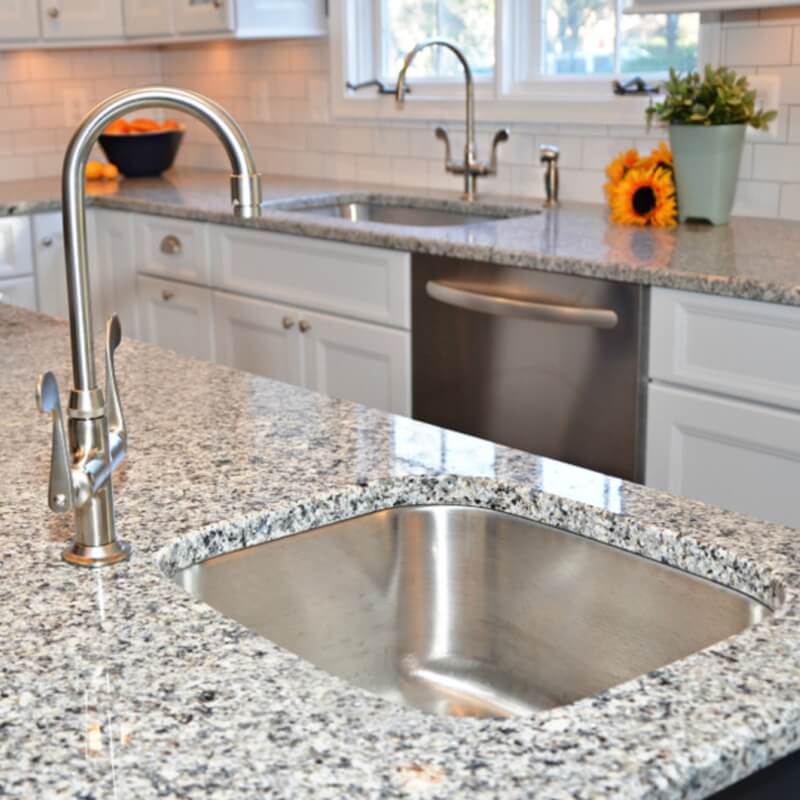
Cleaning Granite Countertops the Easy, Efficient, and Safe Way
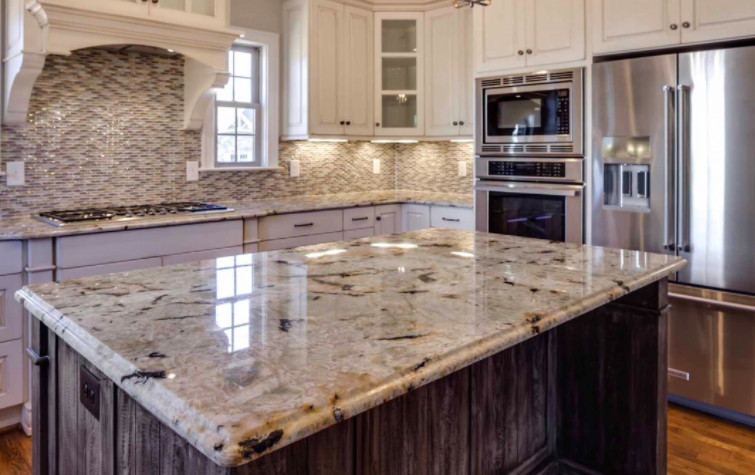
are granite countertops safe Archives – BC Stone
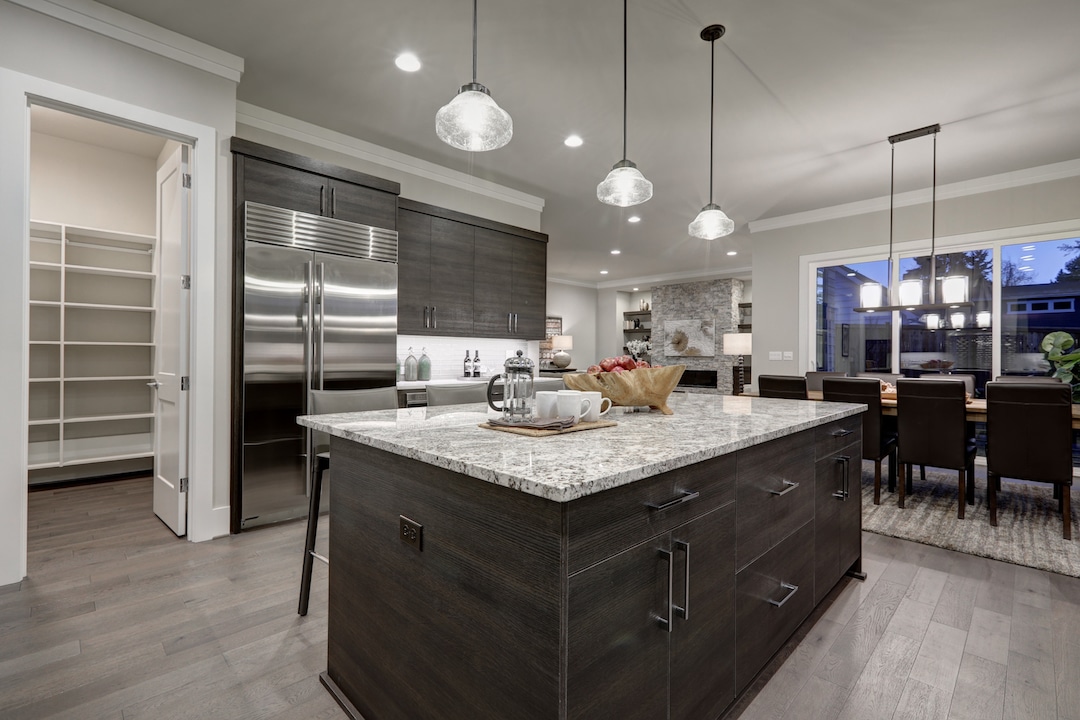
Best Granite Countertop Edges: Latest Options
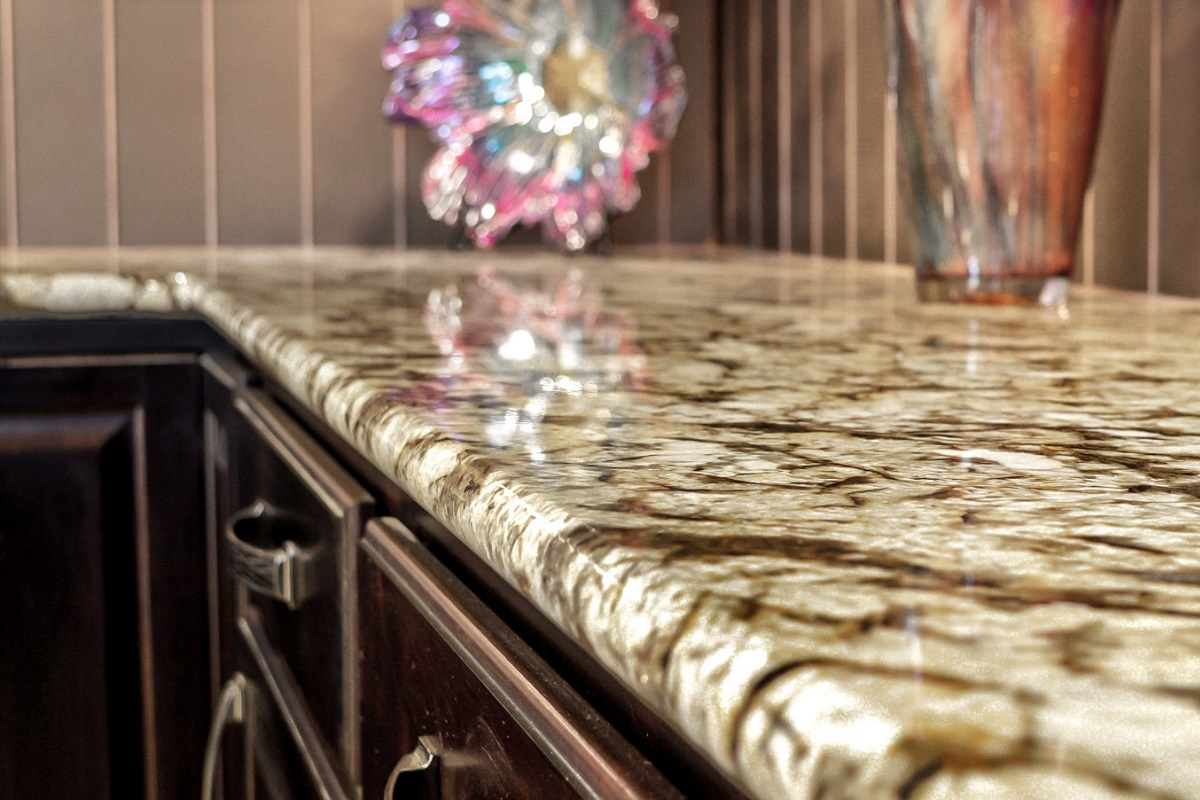
Related articles:
- Granite Countertop Overlay
- Stains On Granite Countertops
- Black Pearl Granite Countertops
- Black Matte Granite Countertop
- Black Granite Kitchen Countertops
- Cutting Granite Countertops DIY
- Gray Granite Countertops
- Blue Gray Granite Countertops
- Granite Countertops Wood Island
- Backsplash Ideas For Granite Countertops